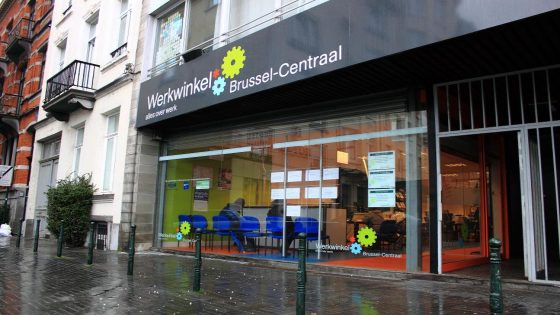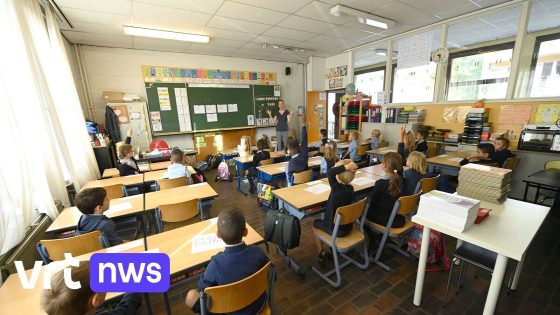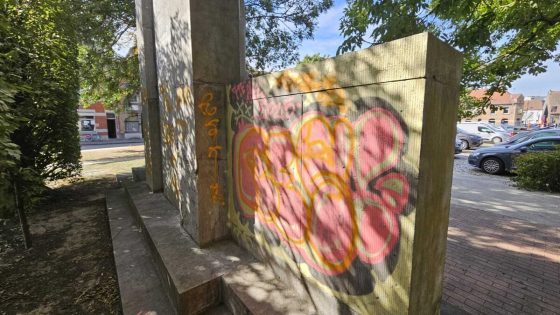The recent announcement about the withdrawal of subsidies for the Brussels werkwinkels has sparked concern among local employment agencies. These werkwinkels, a vital collaboration between VDAB, Actiris, and Tracé Brussels, have long supported vulnerable jobseekers by helping them craft CVs, find suitable training, and prepare for interviews. On 2025-08-01 13:13:00, it became clear that funding changes would disrupt this essential service.
- Werkwinkels ondersteunden kwetsbare werkzoekenden in Brussel
- Tracé-directeur betreurt verlies opgebouwde expertise
- Subsidies voor Tracé Brussel stoppen in 2026
- Vlaamse overheid bespaart 217.000 euro jaarlijks
- VDAB neemt taken van Tracé over
- Juridische basis voor subsidies ontbreekt nu
Tracé Brussels, which has dedicated over twenty years to assisting vulnerable workers in the capital, faces significant staff reductions. Ten percent of its workforce, involved directly in these services, will lose their jobs due to the subsidy cuts. This development raises pressing questions about the future of employment support in Brussels and the impact on those most in need.
What does this mean for Brussels jobseekers? And how will VDAB and other partners fill the gap left by Tracé’s reduced role? The answers point toward a shift in responsibilities and budget priorities.
Why is this change happening now, and what are its implications? The decision stems from budget cuts by the Flemish government and legal changes in partnership agreements. Key points to consider include:
- Tracé’s role overlaps with VDAB’s core tasks, prompting subsidy withdrawal.
- VDAB estimates cost savings of €217,000 annually by internalizing these services.
- Legal frameworks no longer explicitly support direct subsidies to Tracé post-2021 agreements.
- Staff at Tracé were pre-informed but still face significant uncertainty and organizational impact.
As Brussels adapts to these changes, will VDAB maintain the quality of support vulnerable jobseekers require? Stakeholders must monitor this transition closely to ensure no one is left behind. Continued collaboration and clear communication will be essential to safeguard employment pathways in the region.

































